Inflation measured by the Office for National Statistics’ Consumer Prices Index surged from 1.8% in January to 2.3% last month – above the Bank of England’s 2% target.
Food prices were 0.3% higher last month year on year – their first annual increase for more than two-and-a-half years.
Prominent Berkshire Londis retailer Arjan Mehr welcomed the latest inflation figures, which he argues benefit the economy, but warned convenience stores would suffer if they went much higher.
Arjan, who owns Londis in Great Holland Square, Bracknell, said the latest figures were “a good thing” because it would enable convenience store prices to catch up with all the higher costs of running a business, such as utilities and wages.
“You had a difficult situation in the food industry for the last five years where you’re flogging milk cheaper that what you did five years previously. That’s ridiculous. I think as long as we are hovering between 2-2.5% inflation a year that’s healthy for the economy because it balances out a lot of operating costs which are very often outside our control.”
Arjan said inflation impacted everyone, including the discounters, so “by reason” everyone would have to put their prices up.”
If a product was selling for £1 and now it was selling for £1.10 because of wholesale price increases, if a shop maintained its margin, it was making 25% of £1.10 which was more than 25% of £1. “Our cash margin will go up.”
However, he said if inflation started to drift into 3-4% it would start having “a very negative impact on everybody including our sales”, especially because of the expense of running transport which was one of the sector’s biggest costs, he said.
Epos Now, which designs systems for retailers, warned, however, that independent convenience stores were already facing a battle to keep the likes of Tesco Express and Sainsbury’s Local at bay.
The news of a consumer squeeze due to inflation will add further cause for concern, it said.















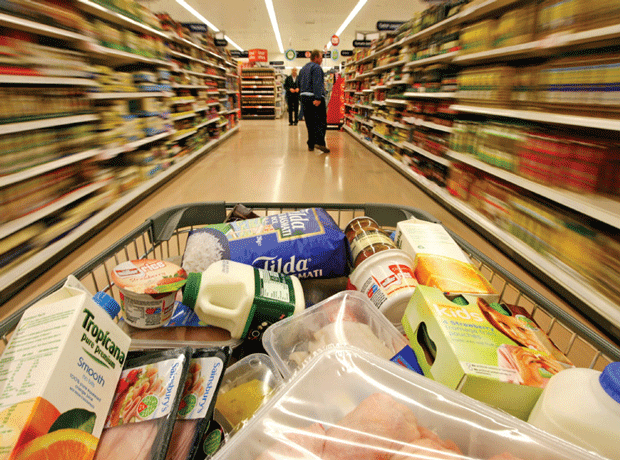
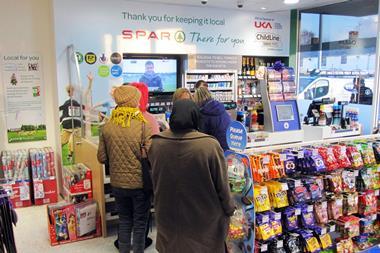
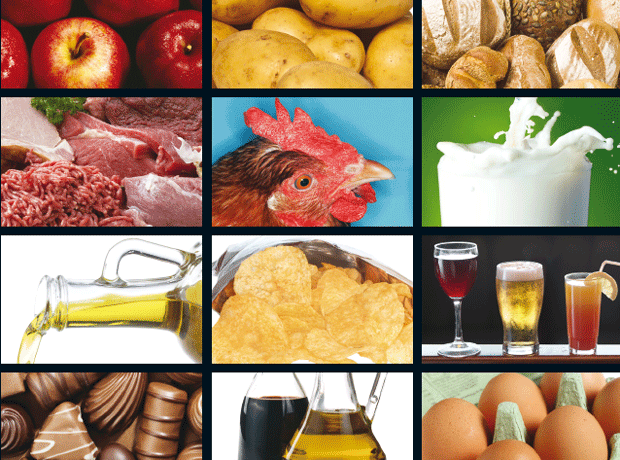
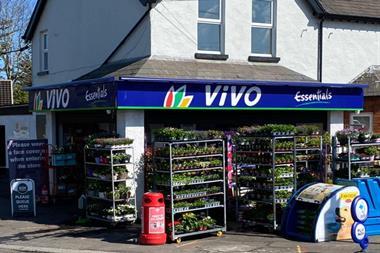
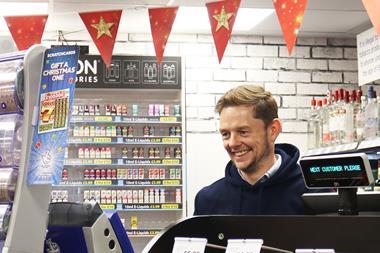
No comments yet